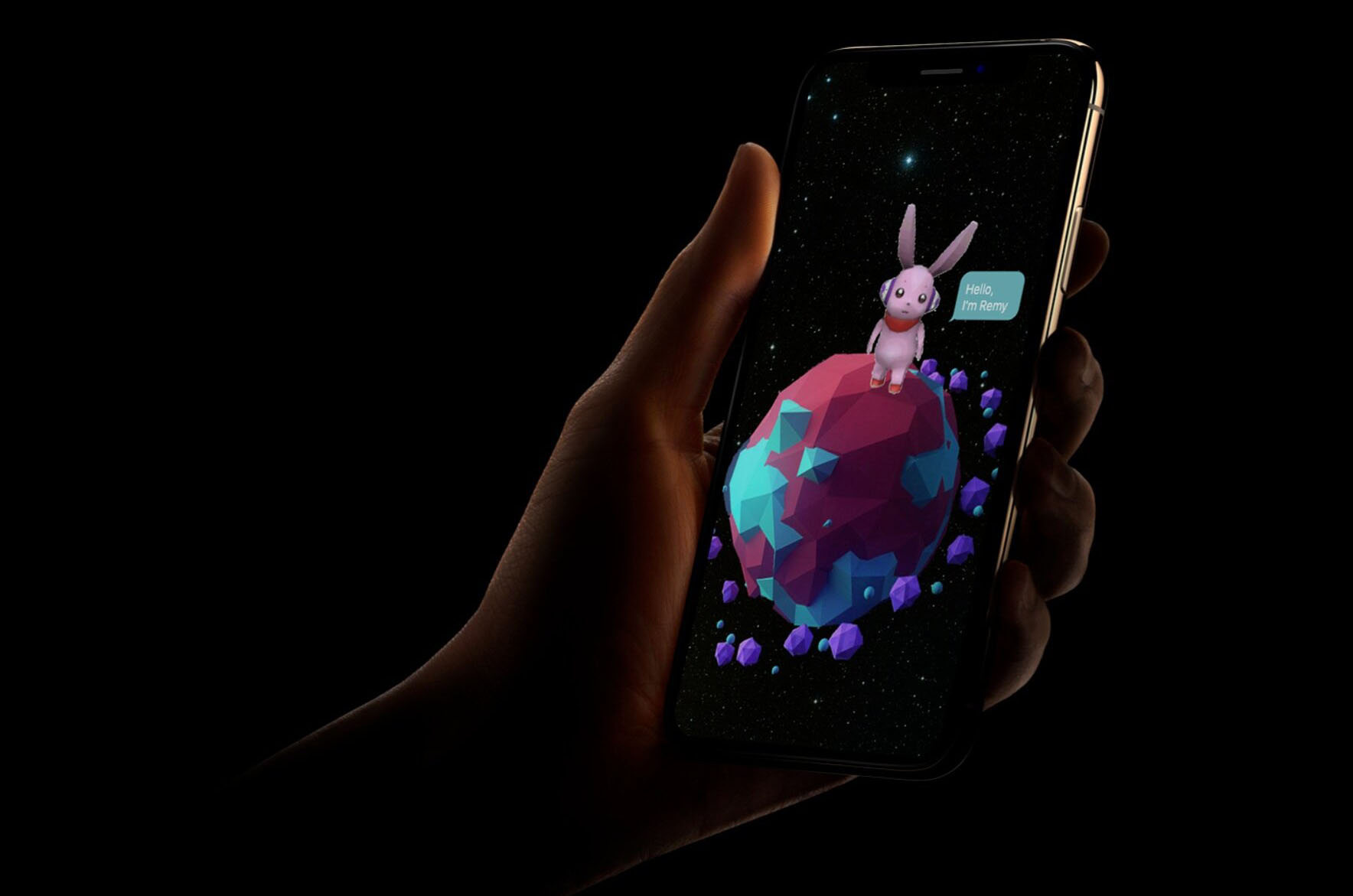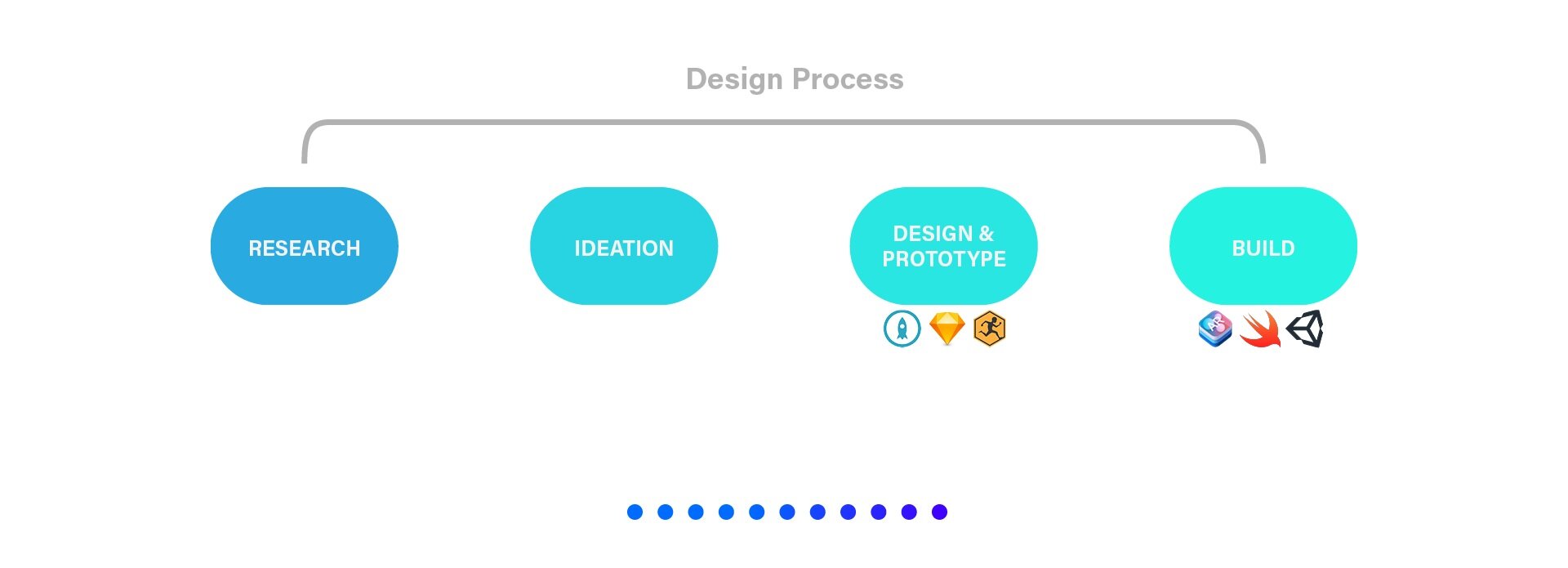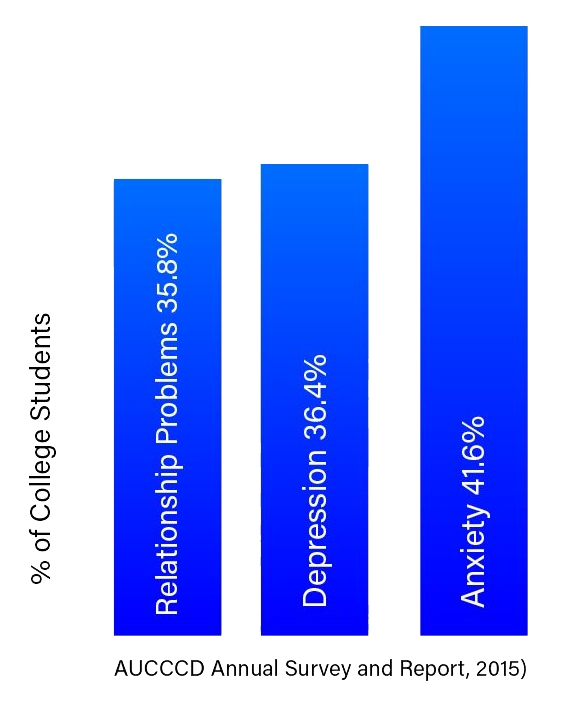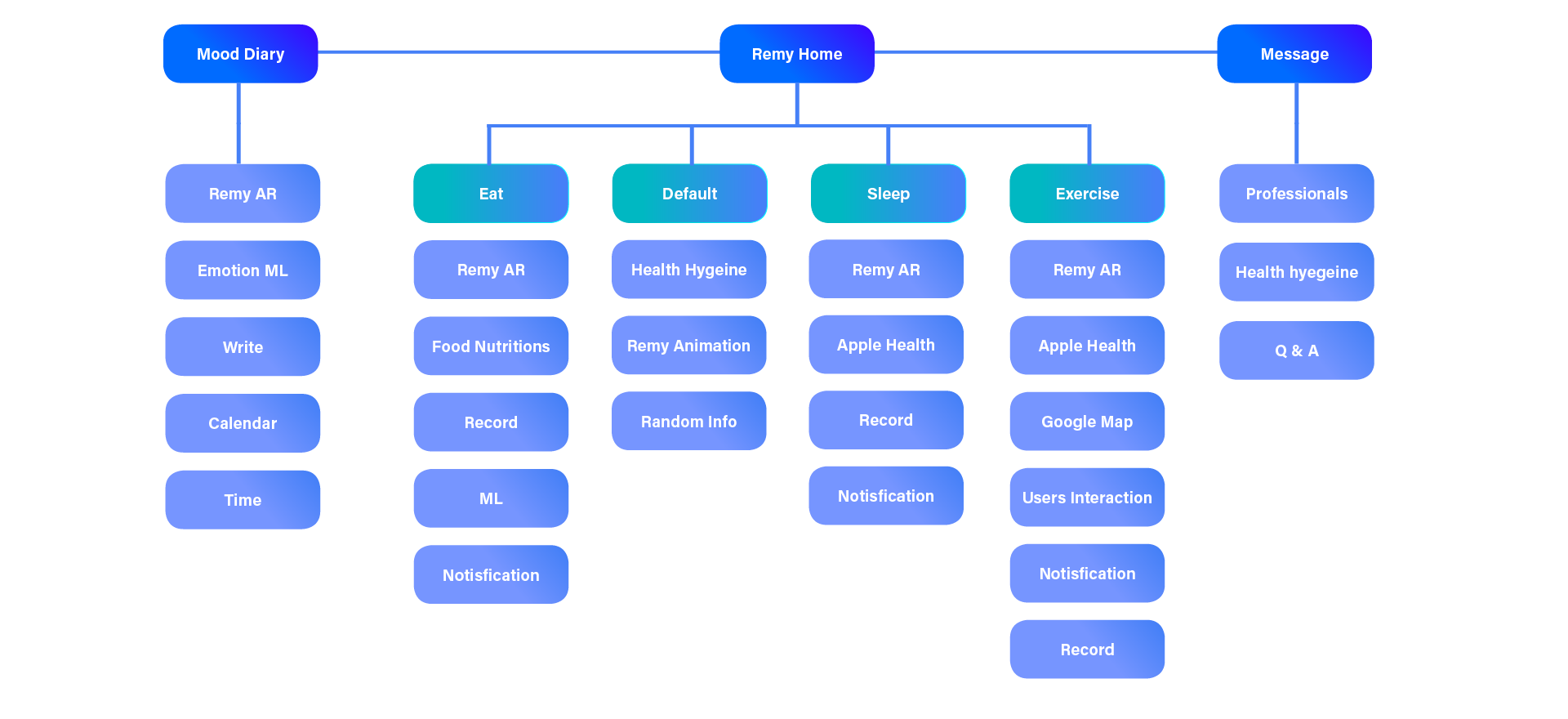Remy : Mental Health Companion
Remy is an app that contains an AR buddy who serves as a mental health companion. Based on information accessed from "Apple Health" and "Google Calendar," Remy is able to help you stay on top of your schedule. Remy gives users suggestions on when to eat, when to sleep, and personally recommends articles on mental health hygiene. All this data is aggregated into a report that can then be sent to medical professionals. Remy also suggests on when to go on walks and provides users the ability to meet other Remy owners.


Team
Hyejun Youn - designer |
Frankie Li - actor, writer, researcher
Jing lin - software engineer |
Teo xi Hui - actor, UIUX Designer
My Role - Project Lead / UIUX Designer
Worked on research, ideation, prototyping, front-end coding, video production using After Effects, 3d animation
Tools
Sketch, Proto.io Mixamo, Unity ArKit, Swift Photoshop After Effects

At the Hackathon, Our team connected over our shared passion for social impact our ideas about the effects of loneliness and isolation, including our personal experiences with depression and self-imposed isolation. We looked at our skill sets, shared some personal stories about imaginary friends and distant siblings, and then the idea of Remy was born.
How We Built It

What are some ways to address mental health issues?
How can the app help users easily contact health clinics?
How can the app collect users’ data?
How can users become comfortable sharing their personal stories?
How can the app help users aware of mental health issues and learn ways to address their problems?
Withdrawal from social activities
Tiredness
Sleeping problems
Eating habitsbr
Anger, hostility or violence
Lack of exercise

“I was sexually assaulted and raped. I didn’t know how to deal with it, so I went into denial and dove into a liquor bottle. For months, I kept it all inside and struggled in silence as my depression got worse.”
“My boyfriend was afraid of going to the clinic. He denied that he’s going through depression. I told him to seek help.”
“I occasionally received mental health hygiene messages from my mental clinics. It was a helpful way of reminding me what I should do.”
“It was my first time being separated from my family. When I’m not included in a group, I felt like I’m left behind, not doing well.”

